A poet looks at the world the way a man looks at a woman
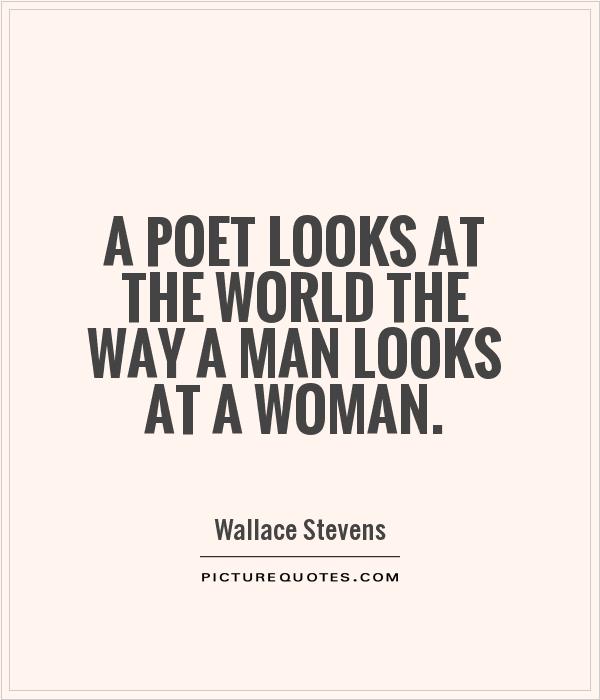
A poet looks at the world the way a man looks at a woman
Wallace Stevens, a renowned American poet, once famously said, “A poet looks at the world the way a man looks at a woman.” This statement has been interpreted in various ways over the years, but at its core, it speaks to the intense and intimate relationship that a poet has with the world around them. Stevens believed that a poet's gaze is one of deep contemplation, admiration, and even desire, much like the way a man looks at a woman he loves.In the context of Wallace Stevens' words, it can be understood that a poet's perception of the world is not merely superficial or fleeting. Instead, it is a profound and meaningful engagement with the beauty, complexity, and mystery of existence. Just as a man may be captivated by the physical appearance, personality, and essence of a woman, a poet is similarly captivated by the myriad facets of the world – its sights, sounds, emotions, and ideas.
For a poet, every aspect of the world is a source of inspiration and fascination. Just as a man may find himself drawn to a woman's smile, a poet may find themselves drawn to the play of light on a landscape, the rhythm of a city street, or the silence of a snow-covered forest. Like a man who seeks to understand and appreciate the depths of a woman's soul, a poet seeks to uncover the deeper truths and meanings that lie beneath the surface of the world.
Furthermore, just as a man may feel a sense of longing or yearning for a woman he loves, a poet may feel a similar sense of longing or yearning for the world. This longing is not necessarily for possession or control, but rather for a deeper connection, a deeper understanding, a deeper sense of belonging. The poet's gaze is one of longing, of desire, of seeking to bridge the gap between themselves and the world, to find a sense of unity and harmony in the midst of chaos and confusion.
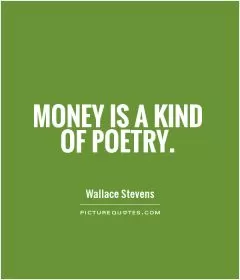
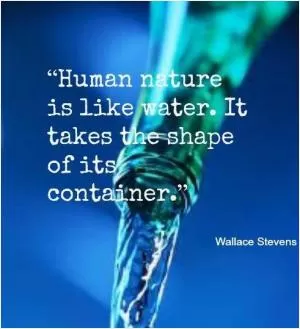
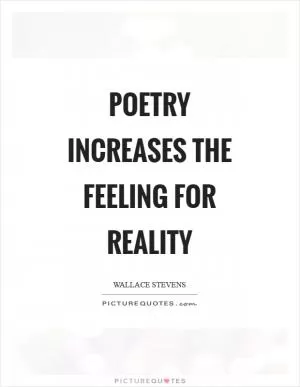
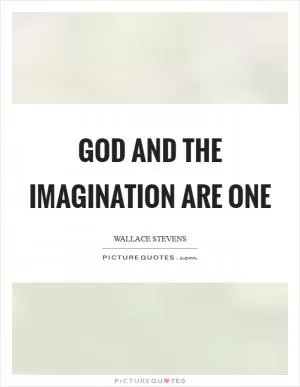
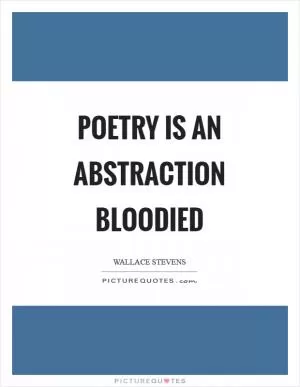
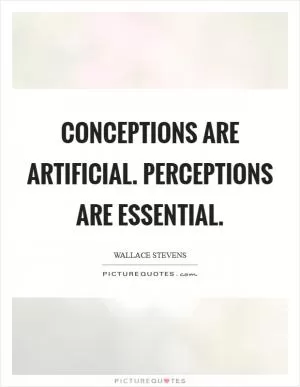
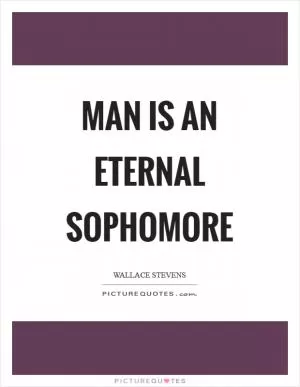
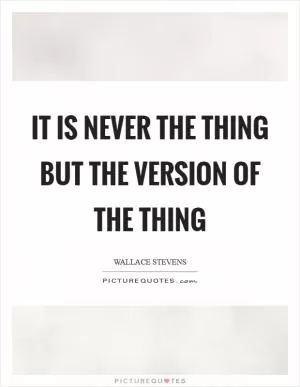
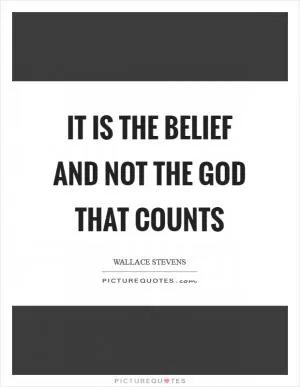
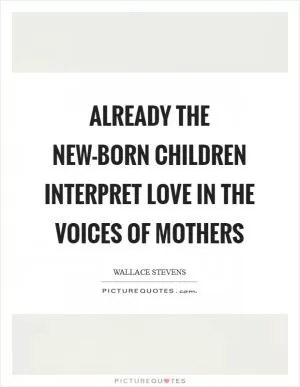
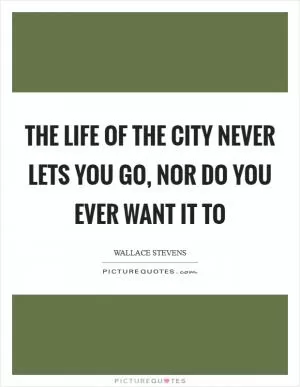
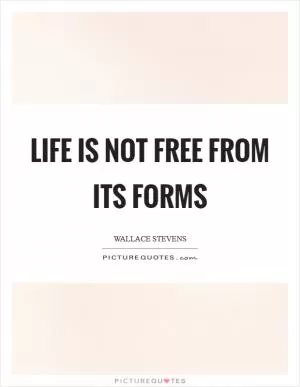
 Friendship Quotes
Friendship Quotes Love Quotes
Love Quotes Life Quotes
Life Quotes Funny Quotes
Funny Quotes Motivational Quotes
Motivational Quotes Inspirational Quotes
Inspirational Quotes